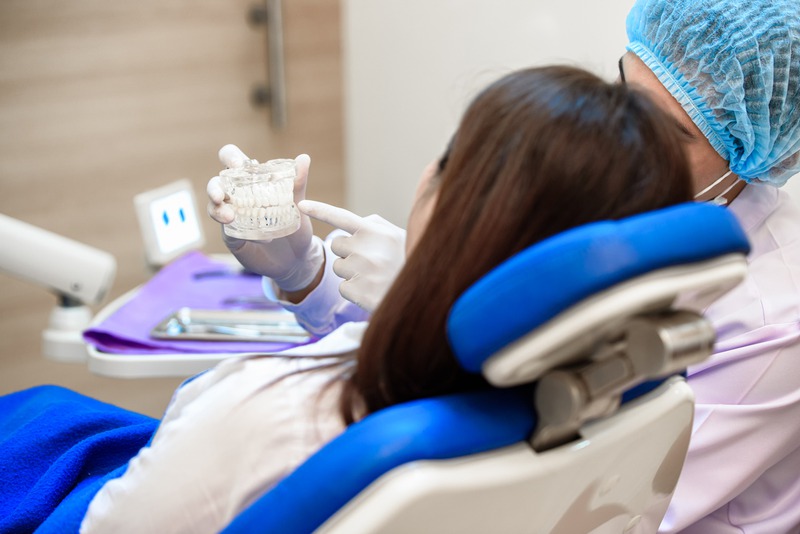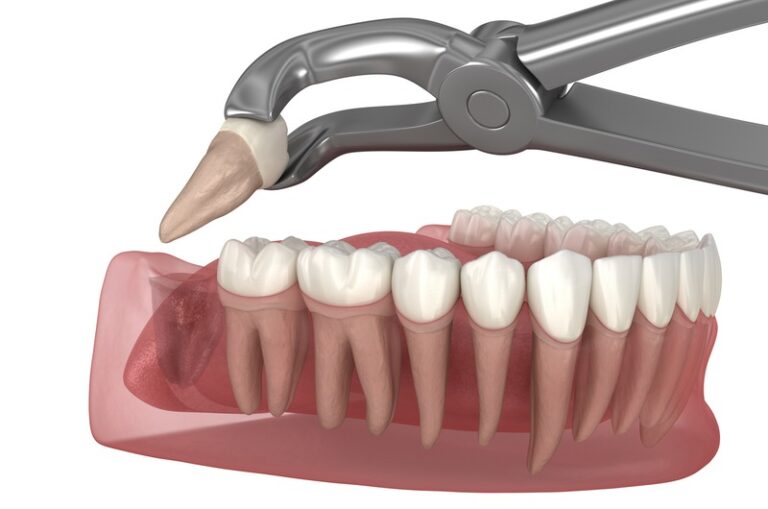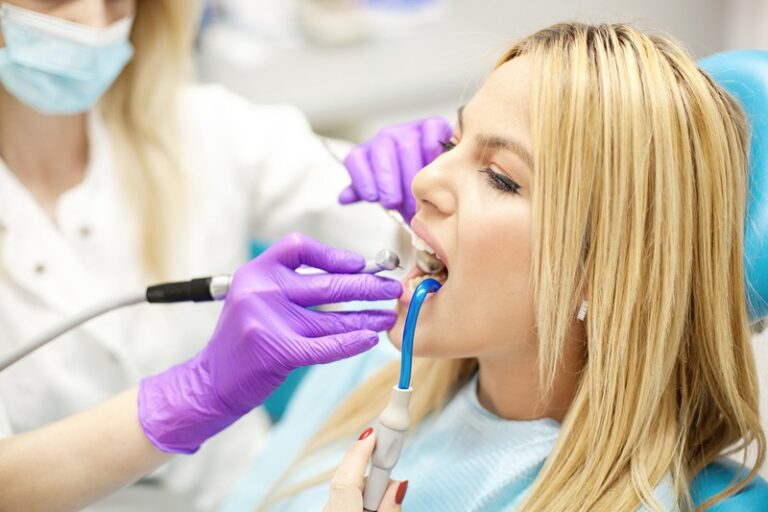Oral health is more critical than many realize, impacting not just the appearance of a smile but the overall well-being of an individual. Ignoring oral hygiene can lead to discomfort, costly treatments, and potentially serious health issues. This article explores essential practices to maintain healthy teeth and gums, offering actionable steps to incorporate into daily routines. By prioritizing oral hygiene, one can prevent common dental problems and maintain a bright, healthy smile. Let’s explore ways to keep teeth in optimal condition.
Key Oral Hygiene Practices
Healthy teeth are often the result of consistent oral hygiene habits. Here are some fundamental strategies that should be a part of any dental care routine:
-
Brushing Twice a Day – Using a fluoride toothpaste and a soft-bristle toothbrush, brushing should cover all tooth surfaces and last for at least two minutes to effectively remove plaque.
-
Flossing Daily – Flossing helps eliminate food particles and plaque that brushing might miss, reducing the risk of cavities and gum disease.
-
Using Mouthwash – Antimicrobial mouthwash can serve as a powerful aid, further reducing bacteria in the mouth and reaching areas a toothbrush might not.
-
Diet and Nutrition – A balanced diet, rich in calcium and low in sugar, supports strong enamel and overall oral health.
-
Regular Dental Check-Ups – Visiting a dentist regularly ensures any potential issues are detected early and treated effectively.
The Right Way to Brush
Brushing is more effective when done correctly. Placing a toothbrush at a 45-degree angle to the gums and using gentle, circular motions helps clean teeth thoroughly while protecting the gum line. Over-brushing can strip enamel, so maintaining gentle pressure is crucial. Regularly changing toothbrushes every three to four months or sooner if bristles fray keeps oral care efficient. This simple daily practice is foundational in preventing tooth decay and maintaining oral health.
Quality dental care access can enhance these at-home practices. A dentist Bridgeport, CT showcases an example of where professional cleanings and advice can complement routine brushing and oral care activities, catching any potential issues before they escalate.
Flossing’s Role in Oral Health
Flossing is crucial but often neglected. The proper technique involves using 18 inches of floss, winding it around fingers and carefully sliding it between teeth. Forming a “C” shape around each tooth helps remove plaque from under the gumline. Consistent daily flossing is a cornerstone for preventing gum disease and cavities that commonly occur between the teeth.
Choosing an Effective Mouthwash
Not all mouthwashes offer the same benefits. Look for ones containing fluoride or marked as antimicrobial, as these can help fight cavities and bacteria. Rinsing for 30 seconds post-brushing enhances dental hygiene, but mouthwash should complement rather than substitute other practices. Consulting a dental professional can provide additional recommendations suited to individual needs. Combining these practices creates a comprehensive approach to oral hygiene.
Diet on Oral Health
Diet has a noticeable effect on dental wellness. Foods high in sugar contribute to plaque and cavities. Alternatively, a diet rich in fresh produce, dairy, and whole grains supports healthy gums and enamel. Drinking plenty of water aids in flushing away harmful bacteria and debris. Consider chewing sugar-free gum to stimulate saliva, which is a natural defense against acid attacks. A mindful approach to diet significantly bolsters oral hygiene efforts.
For specialized care and preventive measures, access to services such as those offered through professional dental care in Fairfield can be invaluable. By providing comprehensive solutions, such providers play a vital role in maintaining optimal oral health through personalized care plans and regular monitoring.
Regular Dental Visits are Essential
Routine dental check-ups remain integral to oral health practice. Professional cleanings remove tartar that at-home brushing can’t, while dentists spot early signs of decay and disease. These visits pave the way for discussions about any concerns, ensuring a tailored approach to dental care. Generally, visiting a dentist every six months keeps the teeth in optimal condition. Early intervention through regular check-ups is an effective means to prevent more serious dental issues later on.
Other Tips for Strong Teeth
In addition to primary hygiene practices, adopting certain habits can further protect and strengthen teeth:
-
Use a straw to minimize contact with sugary drinks, which helps prevent staining and decay.
-
Avoid tobacco products as they can significantly increase the risk of oral cancers and induce stubborn stains.
-
Avoid using teeth as tools to open packages, as this can lead to cracks and damage.
-
Hydrate frequently; water encourages saliva production, which neutralizes harmful acids in the mouth.
-
Invest in an electric toothbrush for a more thorough and effective clean.
For those looking to preserve their smile through consistent care, connecting with a Westport dentist can be an instrumental step. They provide both preventative care and treatments for any arising dental concerns. Engaging in regular professional visits supplements everyday oral hygiene efforts.
Closing Remarks
Healthy teeth are maintained through a blend of good daily practices and regular professional care. Techniques like proper brushing and flossing, as well as dietary mindfulness, set a foundation for oral wellness. Regular visits to the dentist ensure comprehensive exams and thorough cleanings, catching potential issues early. By integrating these practices, maintaining oral health becomes manageable and rewarding, ensuring a vibrant smile and long-term dental well-being.






